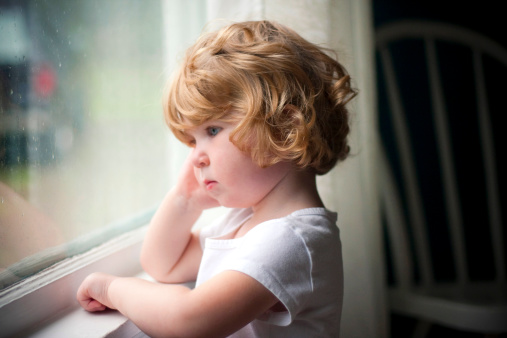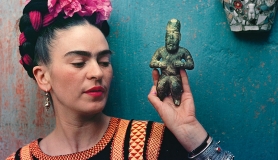What pre-schoolers believe about death
Young children are aware of death earlier than many of us realise. They will see dead bugs and animals on the ground and will hear about death in conversations, perhaps even on the TV.
At this age, they understand death in impersonal and reversible terms. They don’t believe that they will die, even if somebody close to them has passed away, and that dead can come back or are still capable of doing things such as eating, visiting friends and everything they were able to do when they were living. This is a normal understanding for this stage of development and not something that can be changed with any amount of explaining, they are simply unable to comprehend death as a personal and irreversible concept until they are developmentally ready (usually around ages 6-9).
How to approach the subject.
Before talking to a child about death, it is important to sort out our own beliefs first. If you have religious beliefs, it is important not to introduce these ideas immediately after the death of a loved one, if religion has not featured in your child’s life before, so as not to confuse or overwhelm them with new information.
It is important to be honest. Young children are more likely to believe that their parents/caregivers have all the answers so it may be more difficult for them to understand when we say things like “I don’t know the answer to that question” and may ask several times. It is OK not to have answers and this may well serve as an early introduction to the concept that we parents/caregivers are not all-knowing, something they will discover someday anyhow. Little white lies should be avoided so as not to cause confusion or distrust should they discover the truth, plus children are very perceptive. Often they will know if we are unsure. Young children also benefit from shorter explanations as longer explanations tend to bore or confuse them. Stick to explanations such as “When flies die, they don’t fly anymore”.
It’s important to listen carefully to what your child is asking you, to discover what they are thinking. Perhaps they might ask about the possibility of a parent dying, in which case you might respond by asking them a question to uncover what they are thinking – such as “Are you worried about who would take care of you if mummy/daddy died?”. From there, remaining honest, a simple explanation might be “Most people live a long time, I expect mummy/daddy will live a long time too and that we will be here to take care of you for as long as you need us” however it is important to cover the possibility of them needing to be cared for by other people. Explain to them that their grandparents or another designated caregiver would take good care of them if they were to die and reassure them again that you don’t expect this is likely to happen.
Discussing what other people believe about death and what comes after can help them to make sense of things at a young age. Offering children alternative perspectives can help lead them to their own beliefs and help them to find an idea that comforts them. Try not to discourage their ideas and beliefs while they are so young, they will likely change and evolve as they grow.
Dying relatives
If a loved one is dying, consider bringing your child to visit them. If they would like to see them and the relative is in a position for visitors, studies have shown that children who experience death alongside adults experience it more as a part of life than being something fearful and unknown. Before the visit it is important to explain to your child exactly what they should expect to see, from the appearance of the dying relative to any machines they will see. It’s also important to discuss that most people who stay in hospital recover and come home again.
What to avoid
There are a few key things to avoid when discussing death with small children:
- Don’t be tempted to correct their beliefs about death, often this is fruitless and can lead to unnecessary anxieties. If your child declares that he/she will never die, take this as an open door that your child will use to bring this conversation up again someday.
- Stay away from discussing death as being something that happens to old people or sick people. When children inevitably see that death is not exclusively for the elderly this can cause anxiety and mistrust. Similarly young children can become anxious if they perceive illness and death as being related since they are unable to understand the difference between an illness that can be recovered from and one that is fatal. Many health anxieties begin this way.
- Keeping children away from funerals prevents them from experiencing death as a normal part of life. Allow your child to attend if they wish and explain the feelings that surround death honestly. If somebody they know is crying, let them know that their loved one is sad because of the death of their friend/relative. It is normal to be sad when we lose somebody we love.
- Don’t be alarmed if your child seems not to have noticed the death, even if it is the death of a parent or child. Often children will process death little by little, over months and even years, rather than all at once.
When to be concerned
If a child has experienced the loss of a close relative, any change in behaviour or personality that is negative and persists for months may require psychological assessment. Temporary regressions and behaviour changes are normal and caregivers should continue to be affectionate and share their grief, without burdening them. Assure the child that they are still loved, despite what has happened.







